Directory
- Share
Jenna Armstrong
- Scholar
- United States
- 2020 PhD Physiology, Development & Neuroscience
- Jesus College

Jenna Armstrong
- Scholar
- United States
- 2020 PhD Physiology, Development & Neuroscience
- Jesus College
Previous Education
Duke University Medical School Medicine 2022
University of Washington Education 2018
Bates College Biochemistry and Mathematics 2015
Ayden Case
- Scholar
- United States
- 2022 PhD Medicine
- Robinson College
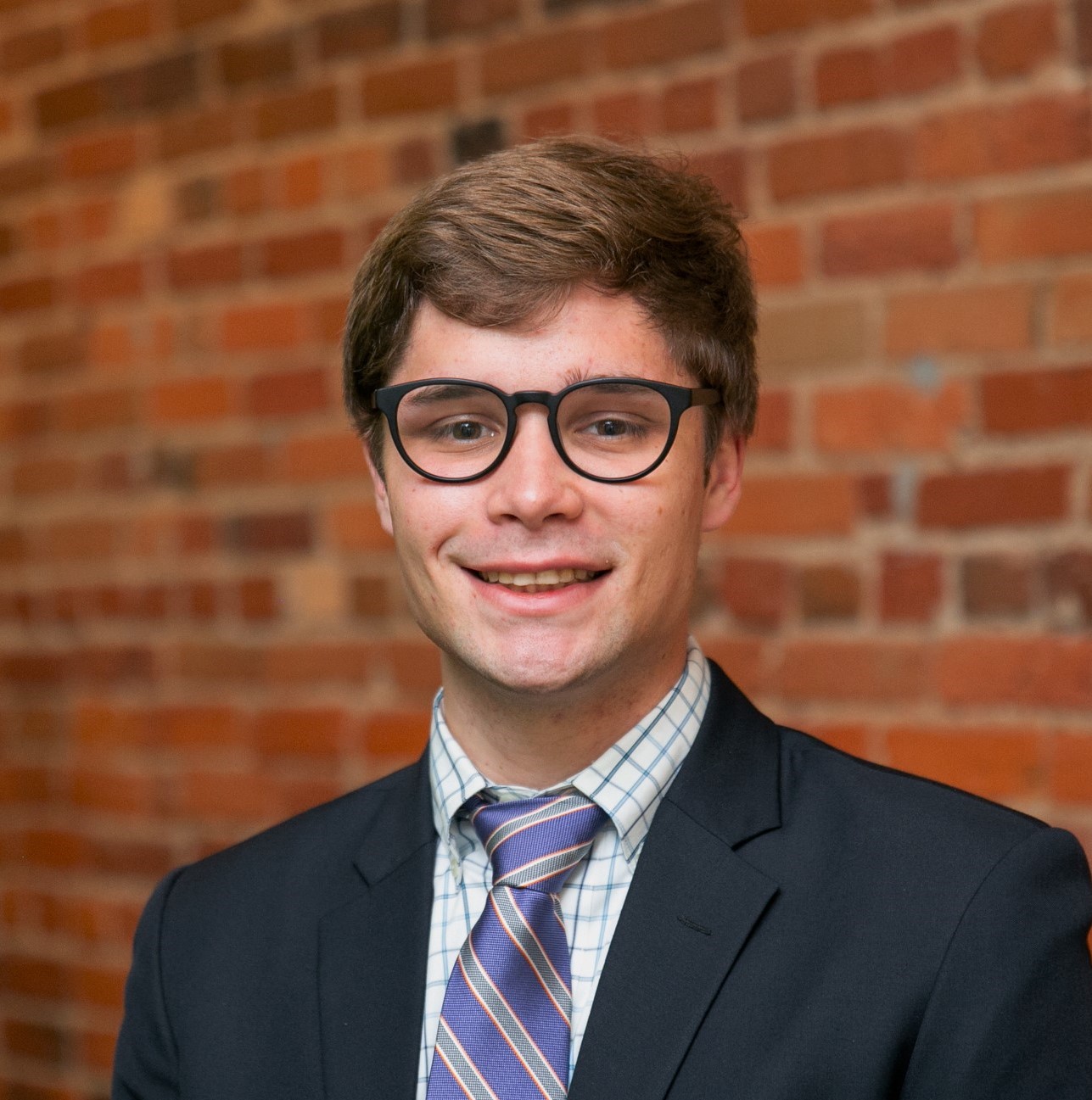
Ayden Case
- Scholar
- United States
- 2022 PhD Medicine
- Robinson College
During my undergraduate studies at Duke University, I became fascinated with the immune system, especially with respect to its therapeutic applications for complex diseases. I pursued this interest during my translational glioblastoma research, studying engineered cytotoxic T cells alongside the cancer’s immune microenvironment. As my research progressed, I began to question the accessibility of scientific advancements, especially in the context of clinical medicine. Accordingly, I investigated the barriers to care and adverse health outcomes faced by Native Americans in North Carolina. I will continue this work in the lab of Professor Ziad Mallat, where I intend to study a promising immunotherapy for atherosclerosis. Given the disparate impact of heart disease on racial and ethnic minority groups within both the US and UK, such advancements are poised to have a significant social impact. Following my studies at Cambridge, I intend to pursue medical education in the US. Through my research, I hope to develop cardiovascular immunotherapies which will alleviate the burden of heart disease on individuals and their communities.
Previous Education
Duke University Chemistry (Pharmacology) 2022
Rittik Chaudhuri
- Alumni
- United States
- 2005 PhD Biological Science
- Magdalene College
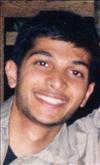
Rittik Chaudhuri
- Alumni
- United States
- 2005 PhD Biological Science
- Magdalene College
Among the genes encoded by HIV, Nef has been shown to be a primary determinant of viral pathogenicity. Patients infected with an attenuated strain of HIV, lacking a functional Nef, have displayed markedly slower progression towards AIDS. While at Cambridge, I intend to explore the role of Nef in HIV pathogenesis using an array of biochemical, cell biological, and genomic approaches. Hopefully, the findings of these studies will contribute to our understanding of HIV.
Joseph Clair
- Alumni
- United States
- 2008 MPhil Theology & Religious Studies
- Clare College
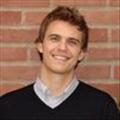
Joseph Clair
- Alumni
- United States
- 2008 MPhil Theology & Religious Studies
- Clare College
My interest in theology began in high school and college while working as a youth director and student chaplain. Those experiences led me to attend Duke Divinity School after graduating from Wheaton College in 2002. At Duke, the intersection between religion, environment, economy, and politics became clearer to me. I participated on a publication panel at the 8th World Wilderness Congress in Anchorage, AK, examining this intersection for sustainable human communities. After finishing my MTS at Duke I earned another master’s degree in philosophy at Fordham. For my MPhil research in Divinity at Cambridge I will work on Augustine’s ‘City of God’ while focusing on the contemporary issue of political secularization. Cambridge affords me an unparalleled interdisciplinary opportunity and the Gates community’s emphasis on knowledge in service of an ‘international common good’ will no doubt challenge my own thinking and expand my sense of vocational horizon between faith and public life.
Alessandra Colaianni
- Alumni
- United States
- 2013 MPhil History and Philosophy of Science
- Clare College

Alessandra Colaianni
- Alumni
- United States
- 2013 MPhil History and Philosophy of Science
- Clare College
I'm a third-year medical student at Johns Hopkins, and ever since I started medical school I have been fascinated by ethical and anthropological aspects of medicine. In particular, I am interested in the transformation of medical students into doctors, changing historical concepts of the "professional code" of medicine, and how physicians and medical students can use narrative essay to reflect on emotionally intense or disturbing experiences. I am also curious about what happens to doctors who break the professional code, and about aspects of existing medical culture that may paradoxically make it more difficult for physicians to behave ethically. While at Cambridge I look forward to exploring these issues through the Department of Social Anthropology.
Julie Cooke
- Alumni
- United States
- 2001 LLM Law
- Magdalene College

Julie Cooke
- Alumni
- United States
- 2001 LLM Law
- Magdalene College
Julie is an attorney at Farallon Capital Management, an institutional asset management firm based in San Francisco, California. At Farallon, among other things, she designed and implemented a fossil--fuel filter, the first to be applied to a multi-strategy hedge fund. Julie joined Farallon in 2007 after working as a corporate associate at Morrison & Foerster, also in San Francisco. Her work there included assessing a proposal for Sudan-related divestment by a large university. Julie obtained an LL.M. from the University of Cambridge in 2002, where she wrote a thesis on the use of referendums. Julie has a J.D. from Columbia University Law School and a B.A. with honors in Economics and English from Duke University.
Irene Falk
- Alumni
- United States
- 2014 PhD Clinical Neurosciences
- St John's College
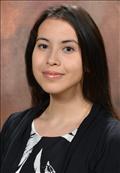
Irene Falk
- Alumni
- United States
- 2014 PhD Clinical Neurosciences
- St John's College
Jordy Goldstein
- Alumni
- United States
- 2013 MPhil Engineering
- Clare College
Jordy Goldstein
- Alumni
- United States
- 2013 MPhil Engineering
- Clare College
I graduated in 2010 from Duke University with a Bachelor’s degree in Mechanical Engineering. After receiving my degree, I was commissioned as an officer in the United States Navy, where I served on USS STERETT (DDG 104) for nearly two years as the Electrical and Auxiliary Systems Officer. I then worked as an engineer for Access Midstream, a natural gas midstream company, where I helped design pipelines and facilities for natural gas in the Utica shale in Ohio. Both my experience on a ship and time in the energy industry made me appreciate how important energy is, and inspired me to pursue ways to reduce energy requirements and usage. While at Duke, I did research on smart materials, which piqued my interest in their applications. I combined these two interests while pursuing my MPhil in Engineering, which focused on how materials can be used to improve energy efficiency and reduce both usage and costs.
After finishing my degree, I became employed as a test engineer at SpaceX. I deeply believe in SpaceX's mission of sending humans to live on Mars - my energy research at Cambridge make me increasingly concerned about the dire effects of global warming on our planet. We need to tackle the problems here, but also need to spread out as much as we can. I am currently living and working in Los Angeles, at SpaceX's headquarters. As a test engineer, I make sure that the hardware sent into space can survive launch conditions by physically testing it before it is installed on the rocket.
Paula Long
- Alumni
- United States
- 2010 MPhil Asian and Middle Eastern Studies
- Newnham College
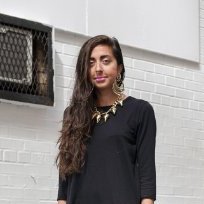
Paula Long
- Alumni
- United States
- 2010 MPhil Asian and Middle Eastern Studies
- Newnham College
I did my MPhil in Middle Eastern Studies with Prof. Yasif Suleiman as a Gates Scholar. Previous to this, I did my undergraduate at Duke University, and I worked in the Middle East as an artist in residence and at various social enterprises and startups. I am now a fashion designer in New York City, especially passionate about ethical, sustainable design and designing for social enterprises, as well as exploring the possibilities of new fashion technologies. I hope to eventually work on a design-based social enterprise in the MENA region to marry my passions and interests.
Jack Myhre
- Alumni
- United States
- 2019 MPhil Engineering for Sustainable Development
- Magdalene College
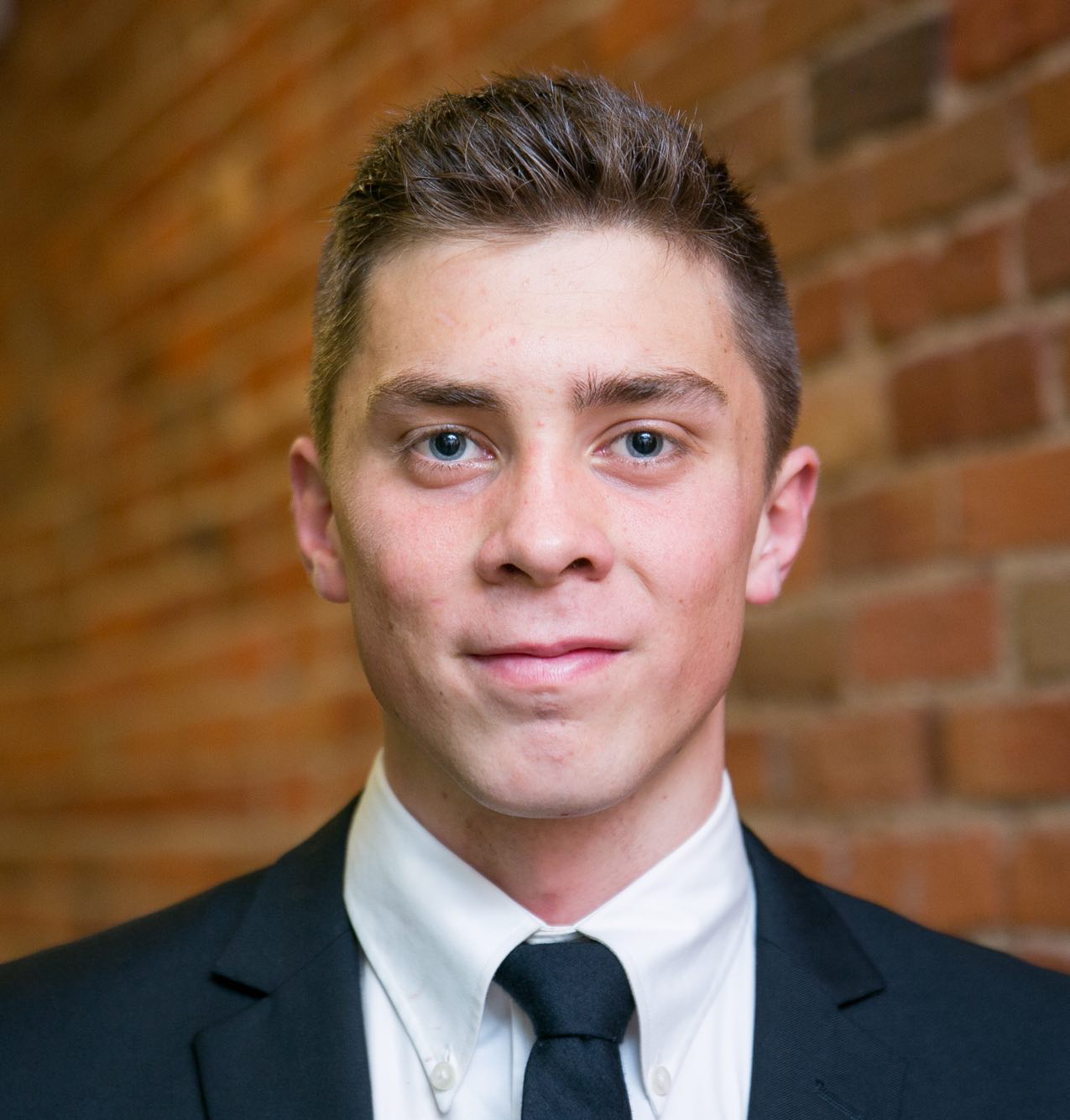
Jack Myhre
- Alumni
- United States
- 2019 MPhil Engineering for Sustainable Development
- Magdalene College
My life has been characterized by travel and shifting residences, yet my home will always be East Africa where I was born. Its stunning vistas and resilient people have a 20 year hold on my wandering heart. Yet both are threatened by the deterioration of climate and the disregard we as humans have shown to the world. Graduating with a major in Mechanical Engineering and a minor in Energy Engineering from Duke University, I hope to take this background and learn how to use my education to slow, stop, or replace engineering practices that are destroying the environment. During the past few years, I had the opportunity to complete several internships working in rural Burundi, where my work ranged from building design to solar installation. In addition, my studies of Energy Engineering in New Zealand sparked my interest in creating technical solutions that limit environmental impact while pushing global change. The Gates Cambridge Scholarship has given me the opportunity to continue this passion with Engineering for Sustainable Development. It is my hope that I can use the skills this program teaches me, to help the rapidly developing communities of East Africa grow in a sustainable way, with a particular focus on sources of renewable energy.
Previous Education
Duke University Minor in Energy Engineering 2019
Catherine Newman
- Alumni
- United States
- 2016 MPhil Biological Science (Biochemistry)
- Churchill College
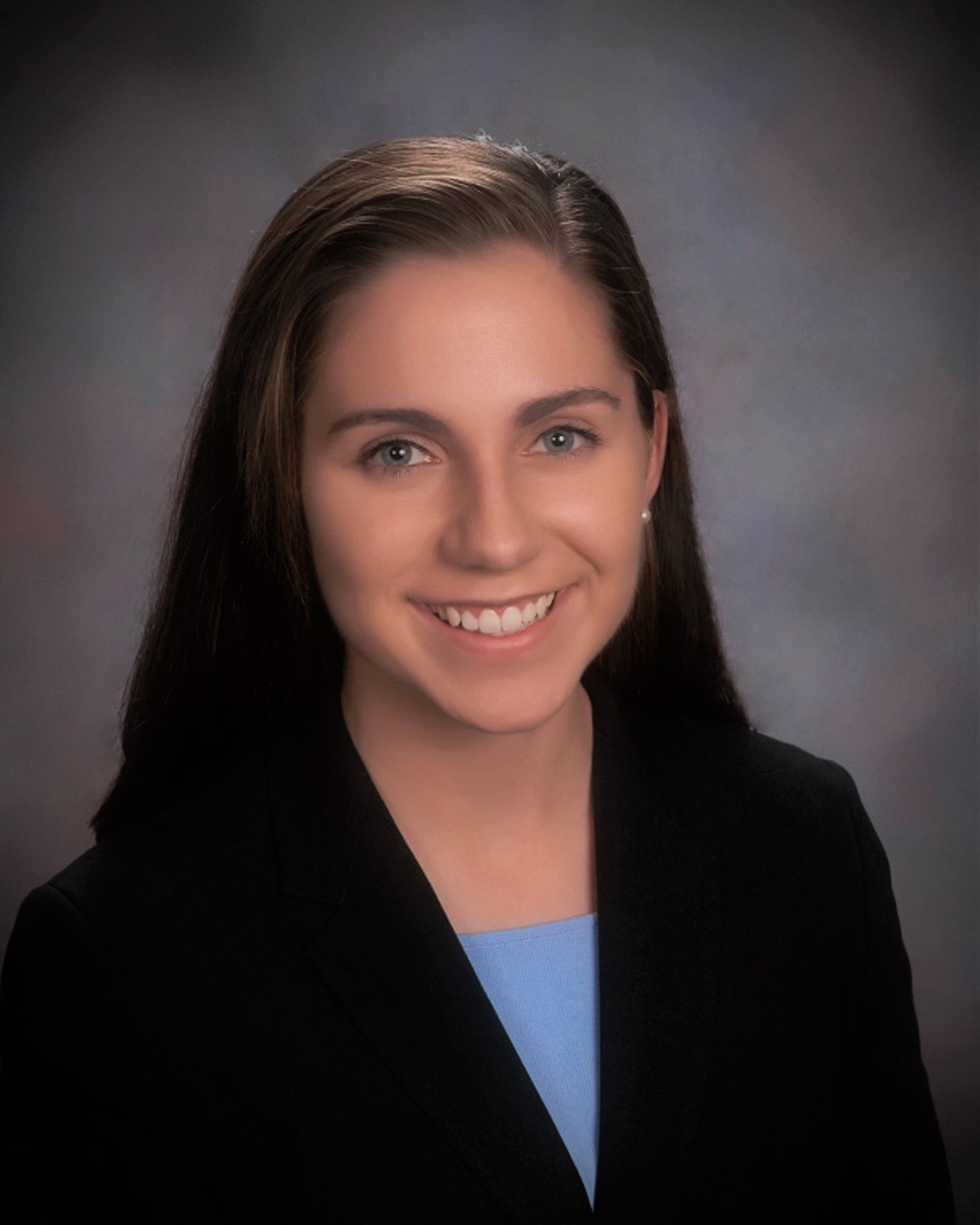
Catherine Newman
- Alumni
- United States
- 2016 MPhil Biological Science (Biochemistry)
- Churchill College
Previous Education
Duke University
Henry Taylor
- Scholar
- United States
- 2021 PhD Public Health and Primary Care
- Trinity College
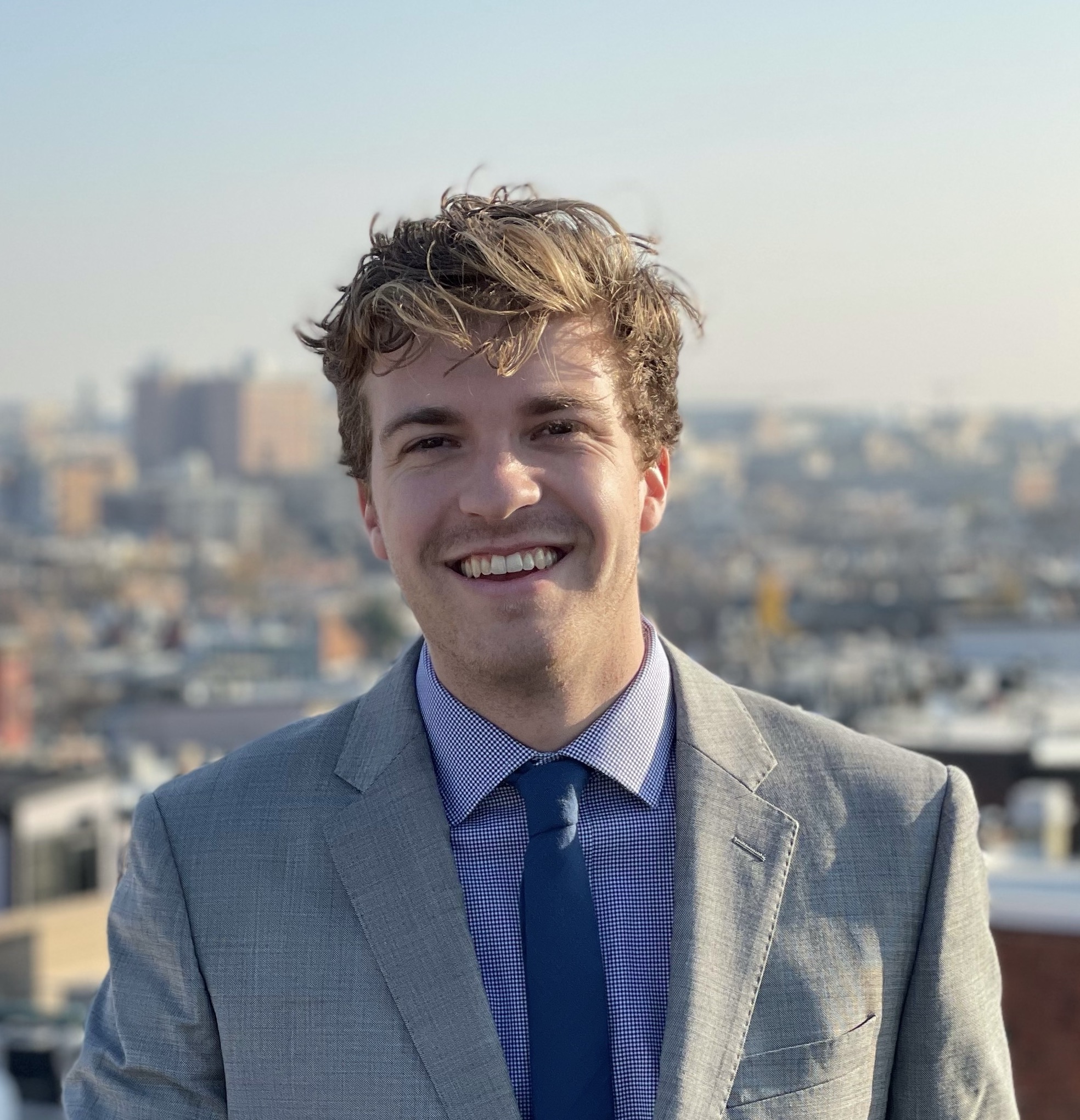
Henry Taylor
- Scholar
- United States
- 2021 PhD Public Health and Primary Care
- Trinity College
As an undergraduate at Duke University, I developed a keen interest in utilizing computational models to investigate the underlying mechanisms of human disease. I resolved to concentrate my career on connecting biology, mathematics, and computer science, with a focus on applications to human health. Shortly after graduating from Duke with a BSc in Computational Biology, I joined the laboratory of Dr. Francis Collins at the United States National Institutes of Health (NIH), where I studied the molecular underpinnings of diabetes using genetic and genomic techniques. While at the NIH, I became acutely aware of the health inequities that persist worldwide, and I pursued training to prepare myself for a career focused on addressing systemic health inequities. During my doctoral training at Cambridge, I plan to combine my interests in human disease and health inequities to study the genetic basis of type 2 diabetes (T2D) across diverse ancestries. It is my hope that my doctoral research will enhance the treatment and prevention of T2D for all people. I am immensely grateful and humbled to join the Gates Cambridge community, and I look forward to learning from the other scholars across diverse disciplines.
Previous Education
Duke University Computational Biology 2018
Jessica Van Meir
- Alumni
- United States
- 2017 MPhil Development Studies
- Pembroke College
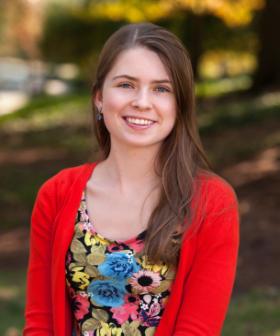
Jessica Van Meir
- Alumni
- United States
- 2017 MPhil Development Studies
- Pembroke College
As an undergraduate at Duke University majoring in Public Policy and minoring in Psychology and Gender, Sexuality, and Feminist Studies, I have focused on using policy for the advancement of gender equality, whether through combatting campus sexual assault, advocating for transgender rights in Ecuador, or increasing menstrual product access for girls and women in Kenya and the US. I recently completed my honors thesis on sex work in Ecuador and Argentina, examining the importance of physical workspaces to sex workers’ conditions and how states regulate sex work space. Through the MPhil in Development Studies at Cambridge, I plan to further study how states and citizens negotiate space in cities and explore methods for combatting poverty in Latin America and sub-Saharan Africa. I am honored to have been selected to become a member of the Gates-Cambridge community.
Previous Education
Duke University
Melanie Wood
- Alumni
- United States
- 2003 CASM Mathematics
- Trinity College

Melanie Wood
- Alumni
- United States
- 2003 CASM Mathematics
- Trinity College
Joseph Wu
- Alumni
- United States
- 2016 PhD History + Philosophy of Sci
- King's College
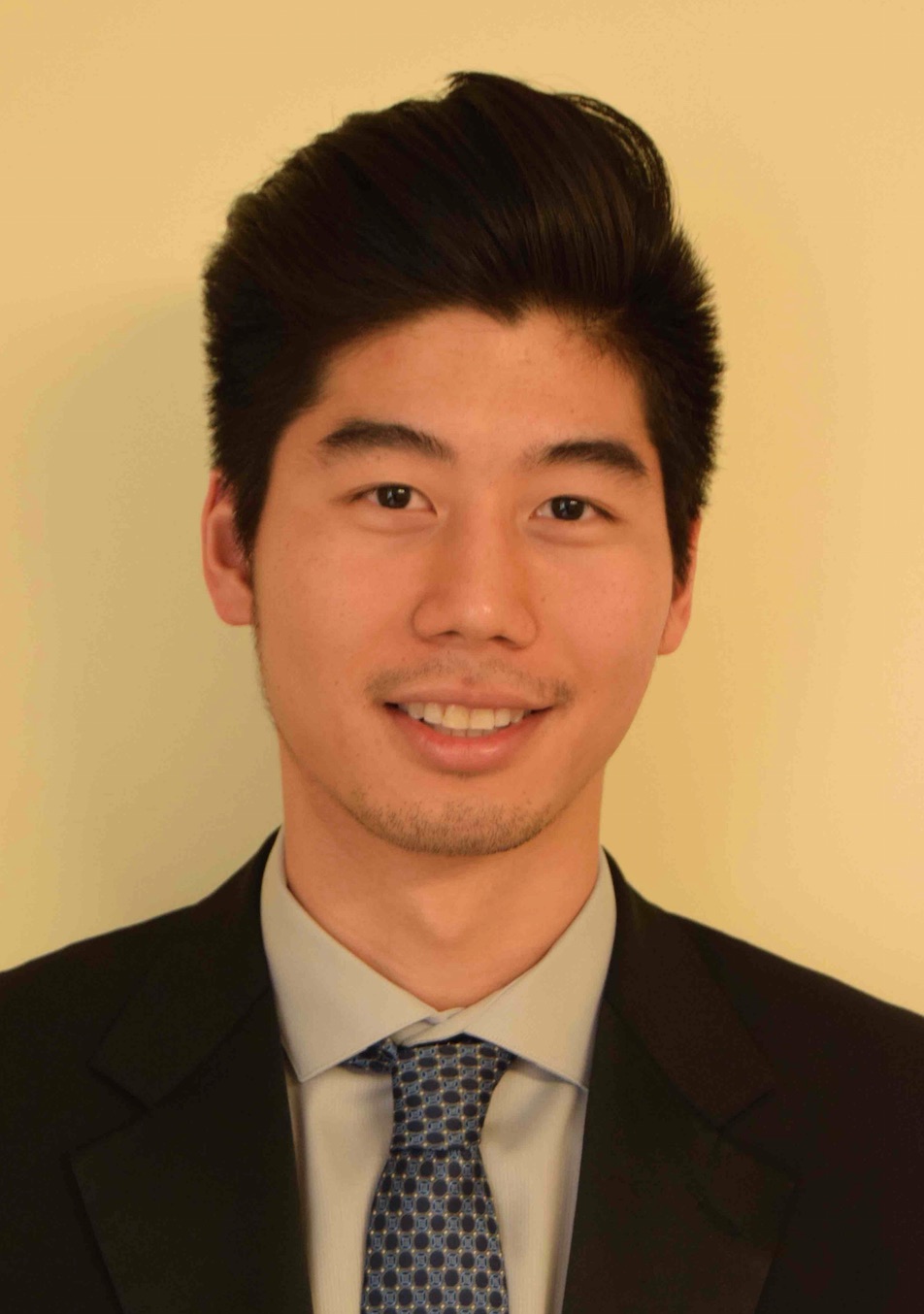
Joseph Wu
- Alumni
- United States
- 2016 PhD History + Philosophy of Sci
- King's College
I grew up in southern California and attended Duke for my undergraduate studies. I started out in biology, researching the genetic regulation of skin cancer and spending my summers with kids affected by cancer. I transitioned to philosophy out of a desire to explore, not just the functioning of disease, but also the nature of our attempts to mitigate it. My PhD examined one such attempt, the early detection of cancer though screening, an issue that cuts across public health ethics, political philosophy, and philosophy of medicine. We can ask of screening: what are the benefits and harms, and how can we distribute them justly throughout the population? What sorts of ethical obligations shape how we communicate about cancer? What are the ultimate aims and limits of medicine? Answering these questions is central to developing ethically sound and effective health policies. Apart from research, I competed for the Cambridge University water polo team, and co-captained the team in 2016-2017. After Cambridge, I attended medical school at Brown, and am currently a Psychiatry resident at the Brigham and Women's Hospital / Harvard Medical School program.
Previous Education
Duke University
University of Cambridge
Liangliang Zhang
- Alumni
- China
- 2017 PhD Social Anthropology
- King's College
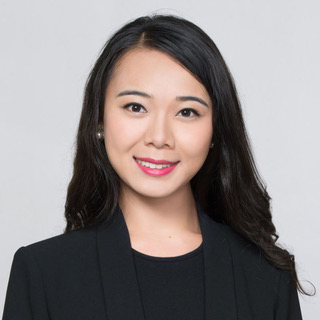
Liangliang Zhang
- Alumni
- China
- 2017 PhD Social Anthropology
- King's College
I was born in Inner Mongolia and raised in the beautiful coastal city of Zhuhai in Southern China. During my high school and undergraduate education abroad, I encountered diverse forms of living and ways of knowing the world, which inspired my passion for anthropology. Upon graduating from Duke University with a degree in International Comparative Studies, I took an internship at the International Organisation for Migration in Geneva, Switzerland. This exposure to global governance taught me the significance of employing diversified value systems and metrics for progress. Through these experiences, I have become convinced of anthropology's important role in informing situated policy by sharing localised knowledge and worldviews. My PhD project will examine how citizens of diverse backgrounds engage with revived Daoist spiritual and bodily self-cultivation practices to respond to China’s shifting socio-political landscape. Insights into the motivations and objectives of the lay Daoist adherents’ nonmaterial pursuits can inform social policy making in China and potentially in other societies undergoing rapid transformations. I am honoured to be joining the Gates Cambridge community, and look forward to mutually strengthening and sharing aspirations.
Previous Education
Duke University
University of Cambridge
James Zou
- Alumni
- United States
- 2007 CASM Applied Mathematics
- Jesus College

James Zou
- Alumni
- United States
- 2007 CASM Applied Mathematics
- Jesus College
I am participating in the Part III program in Applied Mathematics at Cambridge. I'm interested in the quantitative aspects of a wide range of topics--biology, sociology, and AI. I hope to explore the synthesis of these diverse topics at a fundamental level. I look forward to completing a Ph.D. after Part III.
17 Items








